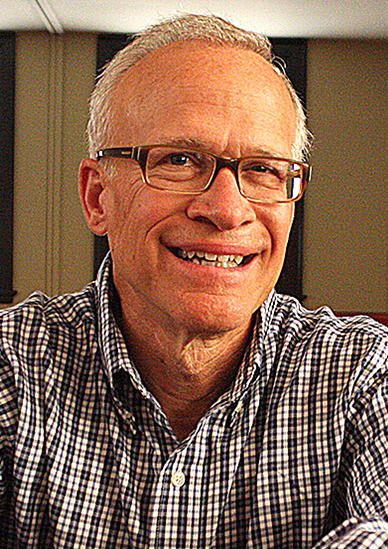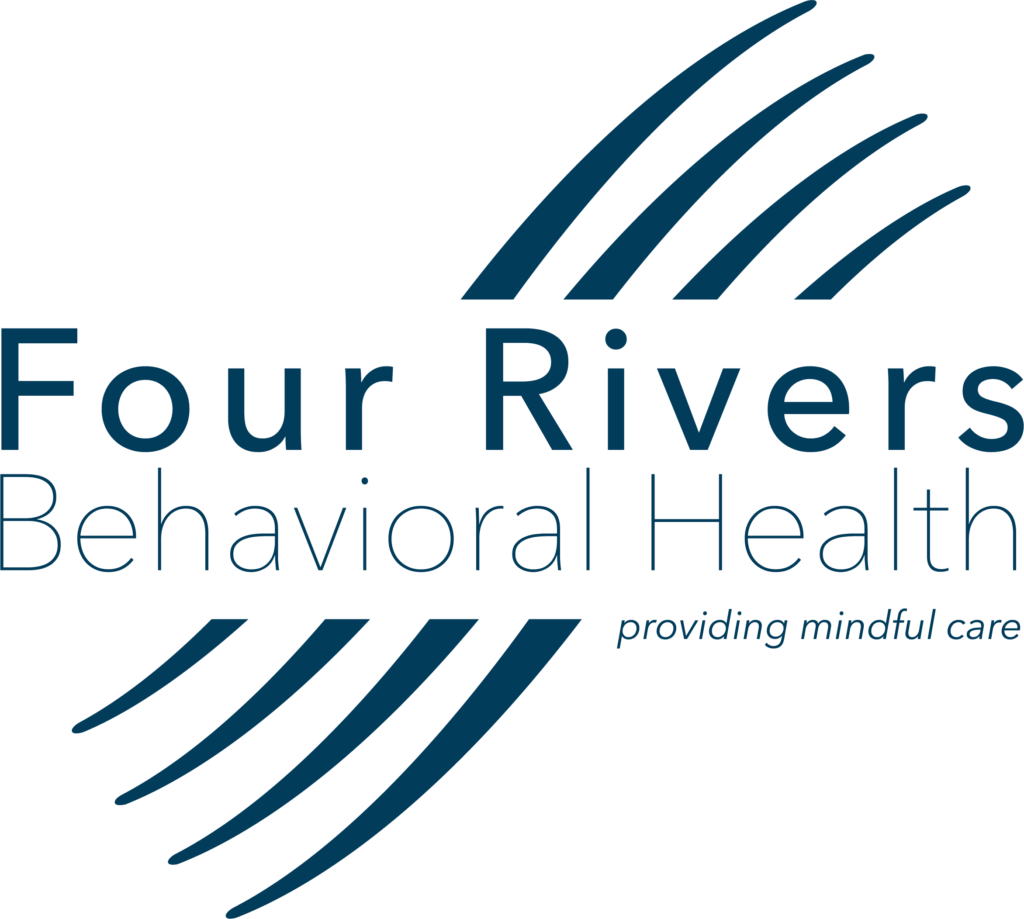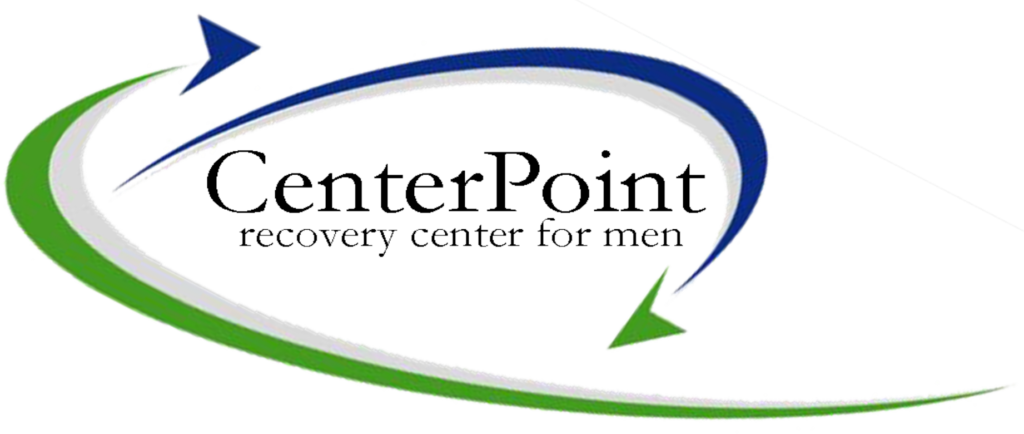The following comments are from the father of Harrison Whitlock. Harrison was a CenterPoint Resident who recently lost his fight against addiction. His father has kindly given us permission to post his thoughts. Our hearts and prayers go out to him and his family knowing this holiday season will be especially difficult. Our hope is, that by reading about his son, you will seek treatment for yourself or a loved one.
Carry the Chip
Dr. David B. Whitlock
Contact David Whitlock, Ph.D., at drdavid@davidwhitlock.org

It was our son, Harrison’s, Alcoholics Anonymous chip.
I silently rejoiced that I had found it, or it had found me. I hadn’t been searching for it and couldn’t recall exactly what the chip meant. Knowing it was his chip was enough for the moment.
“You get the chip after you attend four communities at CenterPoint or another Kentucky recovery center after you graduate,” Harrison’s Alcoholics Anonymous sponsor, Josh, later explained to me, when I asked him about the significance of the chip. “It usually takes a month since they (the meetings) are every week. You can do it off property, if you have a safe and stable place to live. That chip lets you into any one of 15 recovery centers in Kentucky. All of the centers are different as far as intake goes, but it does move you to the top of the list, and they would keep you safe.”
“Keep you safe,” I thought as I slowly moved my thumb along the chip, pondering the words, “Rarely Have We Seen a Person Fail Who Has Thoroughly Followed Our Path,” engraved on one side, and on the other side: “CenterPoint Recovery Center for Men,” with its logo in the background. I gently turned the chip back over and reflected on the quote. I later learned it was from page 58, the first sentence of Chapter 5, “How it Works,” of the “Big Book,” the basic text for Alcoholics Anonymous.
In Kentucky, opioid overdoses claimed almost 1,000 lives in 2016. The death rate continues to rise every year. Since 2012, overdose deaths related to heroin in Kentucky have increased from 143 to 311 and deaths related to synthetic opioids have increased from 70 to 465. Increasingly, heroin is being laced with fentanyl, a deadly and powerful synthetic drug.
“Fentanyl is the deadliest drug and most addictive drug our nation has ever seen,” according to the Kentucky Office of Drug Control Policy. “The fact that people continue to use it – despite the obvious risk – shows just how addictive these drugs are. People have become powerless against them,” the Office’s website notes.
In 2016, more that 42,249 people died of opioid overdoses in America, more than 115 people a day. I shudder to think what the statistics will be for 2018.
I do know that on Oct. 24, 2018, our son, Harrison, was added to that number, whatever it will be.
I turned the chip over once again, imagining where it had been that night, when it happened. No need asking what I’ll never know.
I do know Harrison was proud of that chip.
I recall him telling me, with a profound sense of accomplishment, how that chip could get him into recovery centers in Kentucky.
“Hmm,” I remember responding, then oblivious to the full import of the chip’s significance, with something like, “that’s cool, and we’re praying you stay ‘clean.’”

And he said something like, “For sure,” and smiled his usual smile.
I remember telling him how proud we were of him and looking into his eyes, those eyes I had known for too many years as nervous eyes, like the eyes of a frightened, trapped animal looking for an escape.
But his hazel eyes were clear and bright that day, set steady, focused forward, and at peace.
I could have sworn I caught a glimpse of heaven in them.
We never knew the depth of the struggle, till later, after his death, as we listened to his friends from the CenterPoint community, some still in treatment, some further along the road of recovery. We were ignorant of the daily, constant battle those men (and women) face, day by day.
“Do I need to give his chip back to you all, or may I keep it myself?” I asked Max Grantham, the Phase II Coordinator at CenterPoint Recovery Center, the day of Harrison’s memorial service.
“It’s yours, absolutely, you keep it.”
After everyone had left, I stood alone, gazing at that chip, once again.
In the parable Jesus told about the woman who found her lost coin, Jesus compared her finding it to the rejoicing in heaven over one lost sinner who repents. (Luke 15:8-10)
Like Harrison, the chip had been found and was safe and secure. And I agreed with myself that day to carry it, along with the news that the path, the recovery program, still works, that its message of hope and strength to solve the problem of addiction still stands.
So, I slipped the chip in my pocket.
Where it remains today.
And I will carry it, and with it, that which had been lost.
For at last it has been found.
Forever.

